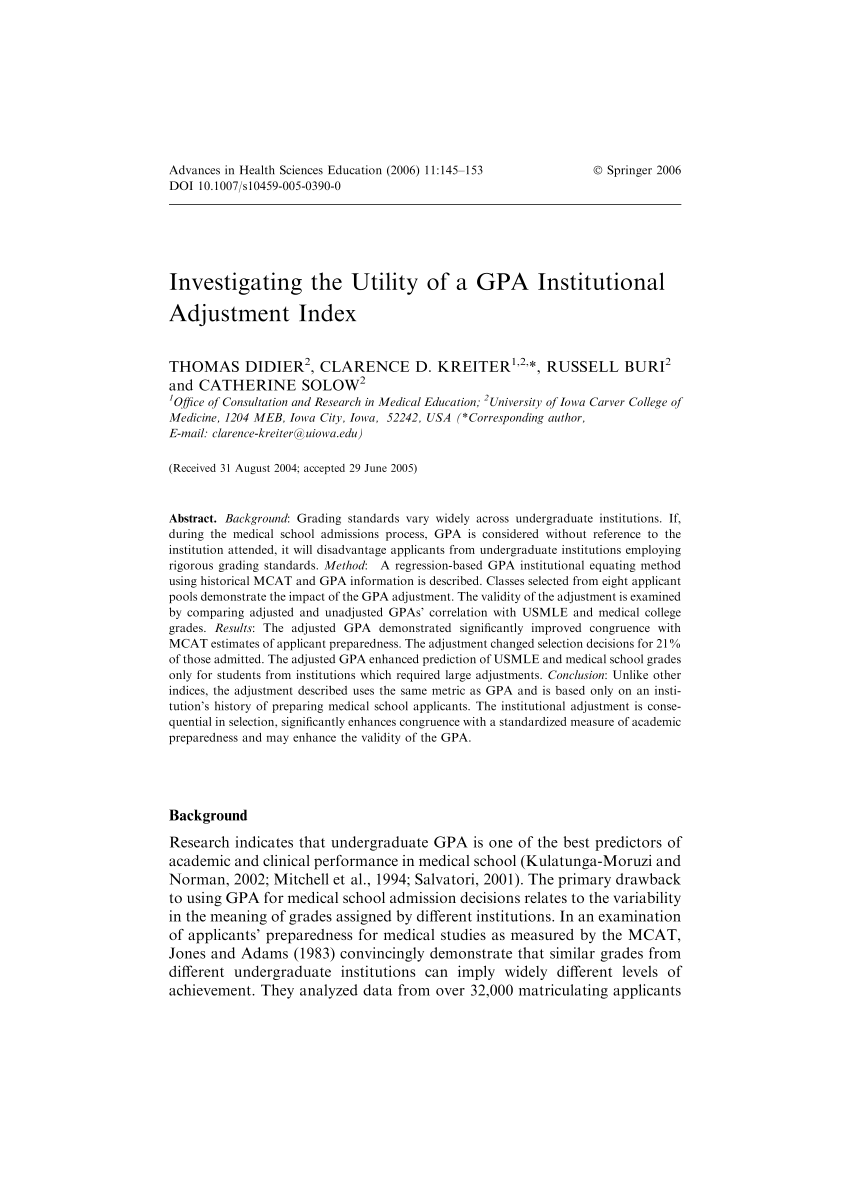See this table:
Physical science majors (i.e., chemistry and physics majors) who are accepted to medical school have an average GPA that equals the average GPA for all matriculants , i.e., 3.73. In addition the average MCAT among physical science majors who matriculate is 513.3 while the average MCAT score among all matriculants is 511.5. All of this occurs in spite of the fact that compared to other matriculants, physical science majors take more math and science classes, take harder math and science classes and take more of these classes at the same time. Physical science majors who matriculate even have a higher than average CARS score. The inescapable conclusion is that applicants with the toughest majors actually get punished for their hard work.
I suppose physical science majors compared with other applicants have less time during their undergraduate years to hand out towels and doughnuts at emergency rooms. Physical science majors may also be less inclined to claim in their personal statements that they want to open a clinic in Appalachia when in fact they want to pop pimples in Hollywood.
The moral of the story here is that anyone who aspires to become a physician and chooses a tough major at a tough college is a fool.
NB. My kid is a USMD.

